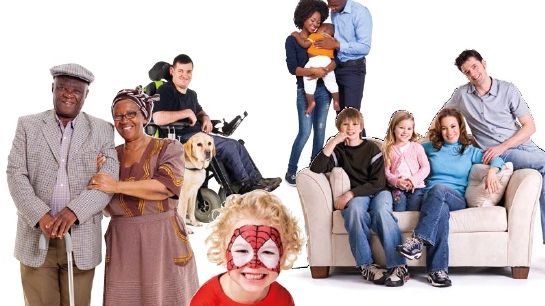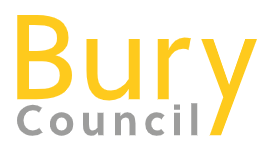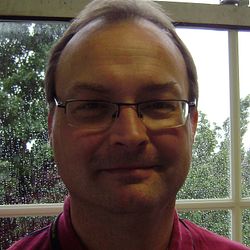
Press release -
Public health – focusing on fairness
Tackling inequalities and narrowing the gap is the focus of the second annual report by Bury’s public health chief.
The independent report contains a wealth of information that can be used by decision makers in local health services and authorities in planning their work.
The theme this year is health inequalities, which may arise due to people’s gender, disability, ethnicity, mental health and sexuality. The aim is to highlight the causes and effects of these inequalities in Bury and identify how these can best be addressed.
Report author Lesley Jones, Bury’s director of public health, said: “Health inequalities are differences in health, wellbeing and life expectancy between groups in society.
“These differences are a result of the social, cultural and economic circumstances in which we live, and continue to persist despite being a top priority for successive governments.
“The report looks at a wide range of areas which affect how healthy people are likely to be: social and economic factors such as employment, education and housing; lifestyle risk factors such as smoking, alcohol consumption, diet and physical activity; and access to services, all of which contribute to life expectancy and healthy life expectancy.”
The Fairness First report shows the contrast between parts of Bury across a range of health outcomes. One statistic, for instance, reveals that the average life expectancy of women and men differs by 7 and 11 years respectively depending on which part of the borough they live in.
The full report can be read at www.theburyjsna.co.uk
Councillor Trevor Holt, Bury Council’s cabinet member for health and wellbeing, said: “Nationally and locally, the challenge of addressing inequalities is one which we have been working towards for a number of years. I am particularly pleased the report has highlighted the inequalities experienced by those with mental health issues, as these can often get overlooked compared to physical disabilities and other health issues.
“There is a moral and an economic case for being concerned about inequalities. Those who experience inequalities endure hardship, misery, stigma and isolation, which no-one in a civilised society would wish to inflict on another.
“Also, unequal societies tend to have higher rates of obesity, drug dependency, mental illness and infant mortality, teenage pregnancy, lower educational attainment and lower levels of child wellbeing. These issues generate greater demand on services and the public purse and reduce economic productivity.”
The report will be considered by councillors on the council’s cabinet at their meeting next Wednesday (14 Dec).
ENDS
Press release issued: 8 December 2016.
Related links
Topics
Categories
Regions
Find us on: Facebook.com/burycouncil, Flickr.com/buryphotos. @burycouncil and bury.gov.uk

